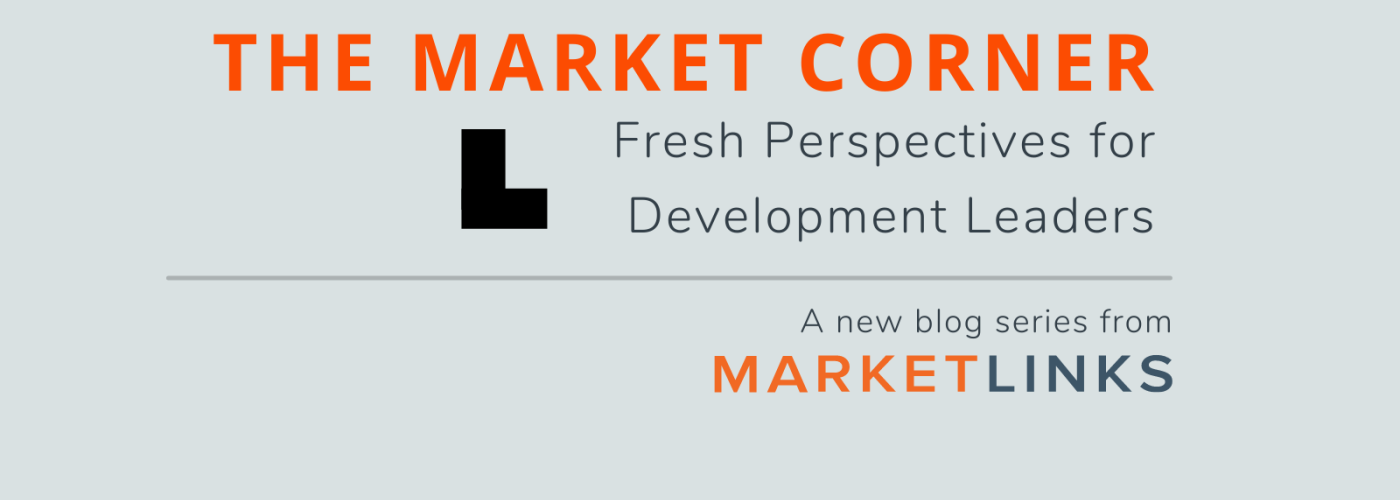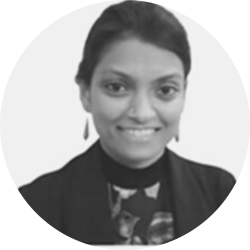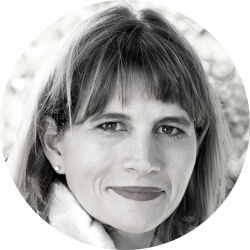The Market Corner: Five Lessons from e-Business to Inform Market Systems Development Work
Image

This is the second installment of The Market Corner's series on applying a systems approach to e-businesses, which unpacks key lessons from the private sector side of e-business to help inform market systems development interventions. Read the first post here.
Earlier this month, I spoke with Iffat Mahmud, market systems development (MSD) advisor and serial entrepreneur, to understand how she applies her MSD experience to her two business ventures, as well as what her experience founding and managing an ecommerce and an e-logistics business in Nigeria has taught her to look out for in MSD programs.
Partners won’t always tell you the full story.
Iffat’s experience managing start-up businesses OyaNow and EkoBangla in Nigeria has exposed her to a lot of new realities on the ground. She realized that a lot of private sector partners won't tell the full story to a MSD intervention manager.
“They are not going to tell you how their board works or the internal politics at the company but the reality is that these connections will influence their incentives and growth trajectory significantly.”
This deal would have ticked all the boxes.
Now, Iffat sees these connections and motivations more easily. But before founding her own companies, when she was advising Propcom Mai-Karfi, there was a company that wanted to export 200,000 MT of shea and asked for support. A deal of this size would have ticked all her proverbial MSD boxes — local value addition, large numbers of poor women benefitting, net attributable income change, etc. — but this was a huge volume for a company with little to no experience. It raised a red flag in her mind, and she suggested instead that they start with a much more modest initial pilot.
The partnership eventually fell through. Through the discussions with the entrepreneur, it became clear that they were not interested in developing sustainable linkages with women shea nut collectors, and instead had ulterior motives that were not aligned with the ultimate goals of the program.
Passion is not enough.
When assessing new partnerships for MSD programs, Iffat now looks at two things: 1) the motivation of the entrepreneur, and 2) why they haven't tried the intervention being proposed before. For her, passion is not enough. Nigeria is a challenging country, and chances for success are low. She looks for entrepreneurs who are hungry, are in business because they see a real potential for making money, and are going to stick with it regardless of the obstacles they face.
Businesses will only back interventions which show their value.
As an entrepreneur herself, Iffat knows that the private sector has a lot of flexibility to support or drop a new business initiative. That is why, for Iffat, a sign that the intervention has legs is the moment she sees the partner investing additional resources. It may be something small, like buying boots for women shea nut collectors, or big, like acquiring a new truck to accommodate the projected additional volumes of goods. Either way, for Iffat, it is a good sign.
Entrepreneurs are focused on their immediate environment.
In Iffat’s experience, MSD practitioners are never going to come up with better solutions than those the person managing the business can imagine on their own. That said, business owners are limited in their focus to the relationships they have in their immediate environment (e.g., employees, customers, financing, etc.). These are the relationships they are actively working on. Sometimes this comes at the expense of understanding the broader system, or donuts within donuts, and exploring how working more collaboratively could be mutually beneficial. According to Iffat, since MSD programs are perceived as a neutral actor, they can play an important role in brokering collaborative relationships between actors to address constraints undermining their collective growth.
Have ideas or recommendations of your own? Post via your Marketlinks account, or send them to us at info@marketlinks.org, and we will include these in the next installment of the blog!
About
Image

Iffat Mahmud
Iffat Mahmud is an expert in private sector development, with more than 9 years of experience in Bangladesh and Nigeria. She has developed and implemented pro-poor business models in the agriculture and health sectors. Iffat is also an entrepreneur, and has launched successful e-commerce businesses in Nigeria. Iffat graduated from the Institute of Business Administration (IBA), University of Dhaka; after which she pursued a Masters in Development Studies from North South University, Dhaka. Her final post graduate degree was focused on poverty and social studies from Erasmus University of Rotterdam, Netherlands.
Image

Holly Lard Krueger
Holly Lard Krueger is a managing partner at the Canopy Lab and a market systems development expert with over 15 years of experience providing technical advice in the field of private sector development/engagement with a specific focus on applying digital technology, gender equality and social inclusion (GESI), market systems, and Value for Money (VfM) principles to project and strategy design for agriculture, humanitarian aid, business enabling environment reform, trade, urban development, and women’s economic empowerment programs.
Holly is a proven strategic leader, having managed large market systems projects with diverse teams. She is also skilled as a strategic advisor, coach, and trainer in the practical application of systems approaches to market development, and she is currently an advisor to USAID’s Bureau for Humanitarian Assistance, a World Bank-funded program in West Africa (TFWA), a DFAT-funded program in Indonesia (PRISMA), and a FCDO-funded program in the Democratic Republic of the Congo (Essor). Holly is based in Morocco and has worked in over 15 countries in Africa, Asia, and the Middle East and has implemented projects and conducted evaluations for leading donors, including the Bill & Melinda Gates Foundation, DFAT, IFC, FCDO, USAID, and the World Bank. She has an M.A. from Johns Hopkins School of Advanced International Studies and a B.A. from Vanderbilt University.


